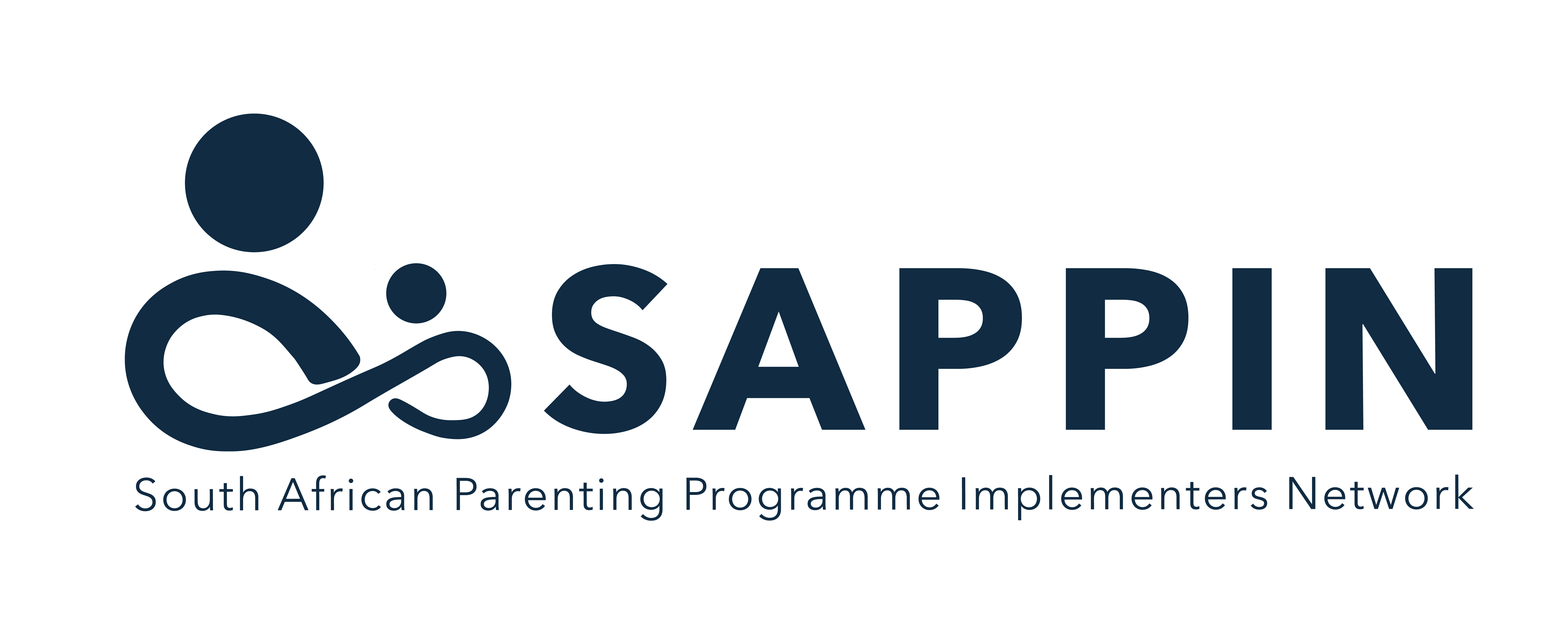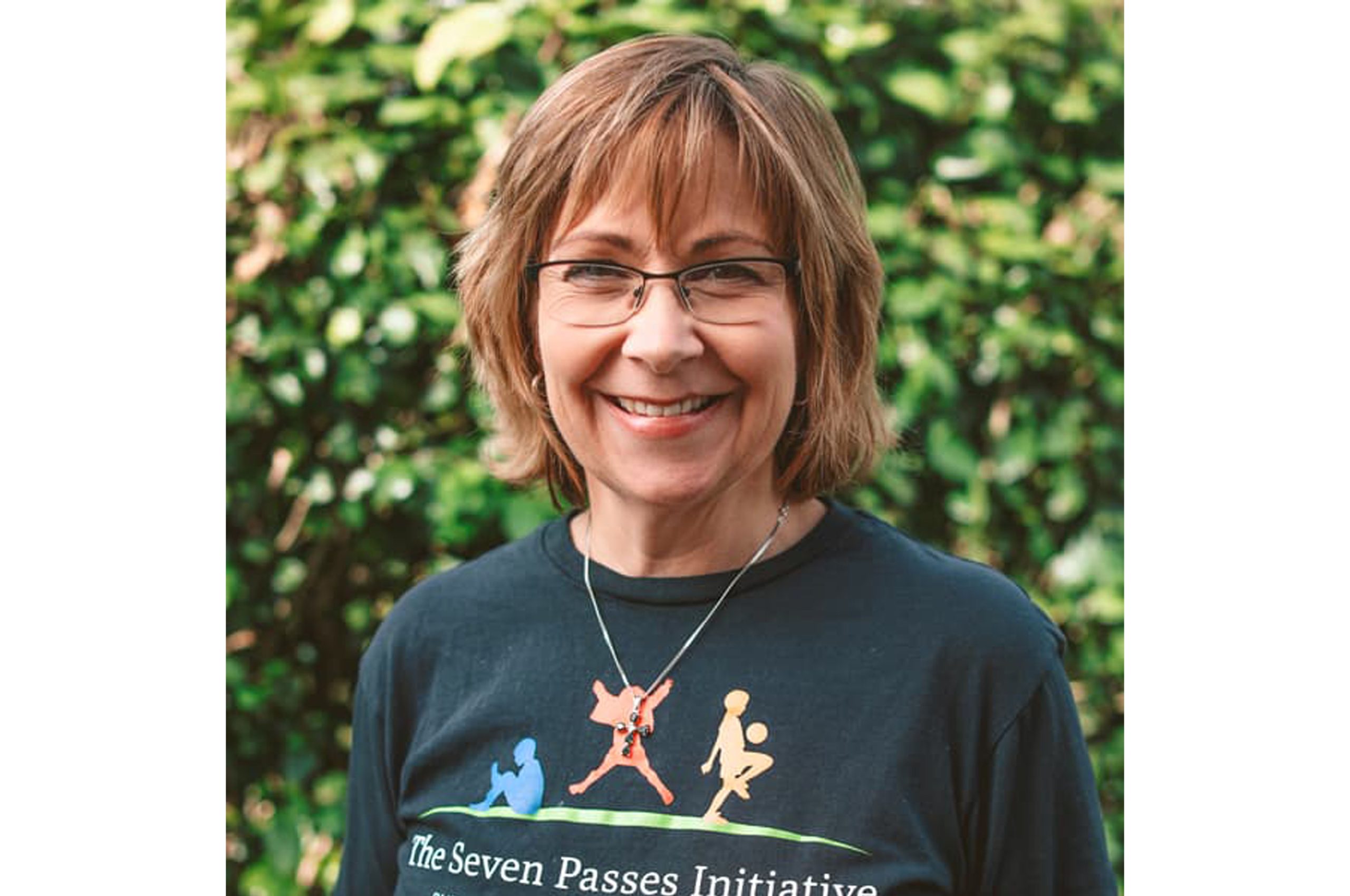

SAPPIN is very proud to announce that Wilmi Dippenaar, one of our driver group members, has completed her Masters degree in Implementation Research at the University of Western Cape.
Her Masters dissertation is entitled “Exploring the practical implementation of two evidence-based parenting programmes in a small rural community” and is inspired by her work and research done with the Seven Passes Initiative in Touwsranten. Using the four core principles of Dean L Fixsen et al.’s Implementation Research: A Synthesis of the Literature, she was able to utilize all the information gathered through the research programme and implement it in Touwsranten, in the evidence-based Parenting for Lifelong Health (PLH) programmes.
Wilmi says that the fact that it contributes to better service delivery definitely makes it worth all the sweat and tears.
Many parents in South Africa face difficult obstacles when it comes to parenting. Evidence-based parenting programmes are key to success to help parents to work in a more positive way with their children.
In Touwsranten, evidence-based Parenting for Lifelong Health (PLH) programmes have been implemented. Although these programmes have been tested in randomised controlled trials, the implementation process of the programmes has not been explored. This research aimed to explore the implementation of the PLH parenting programmes using the four phases of the EPIS framework. EPIS refers to the exploration, preparation, implementation and sustainment phases.
A qualitative explorative study was implemented focusing on the formative process of the implementation. Nine semi-structured interviews were used to collect the data and participants were purposively recruited. Four parenting facilitators, two principal investigators of a research study, two programme designers and one supervisor were interviewed. Data were analysed using thematic analysis. All ethical considerations were adhered to such as the confidentiality and anonymity of participants. The findings show that personal character and the internalising of programme principles were more important than qualifications when appointing parenting facilitators, that the formal training is insufficient but ongoing training provided by the programme designers and the organisation assures quality delivery, and that having been a programme participant enhances a facilitator’s ability to implement the programmes.
On an organisational level, retention, referrals, and recruitment were the biggest challenges. On a personal level, the exposure to secondary trauma that resulted in compassion fatigue was the biggest challenge for parenting facilitators. Challenges experienced included compassion fatigue of the parenting facilitators and contextual factors such as hunger and excessive alcohol use by programme recipients. The advantages of group supervision for the facilitators were highlighted.